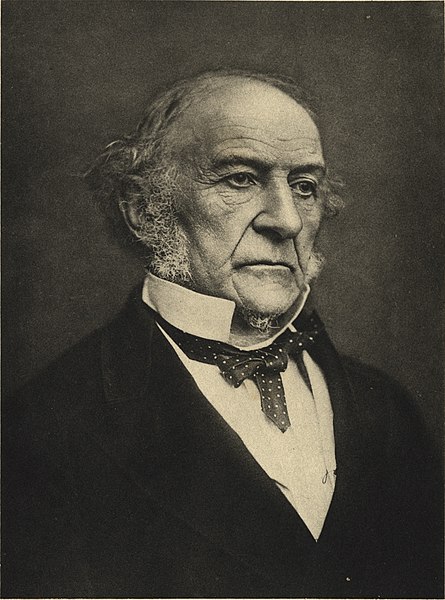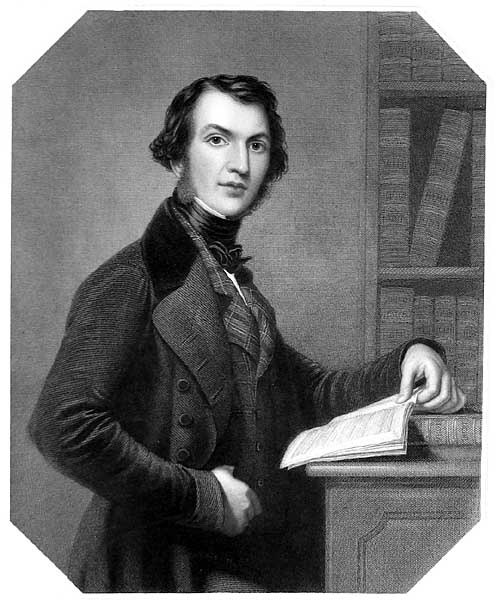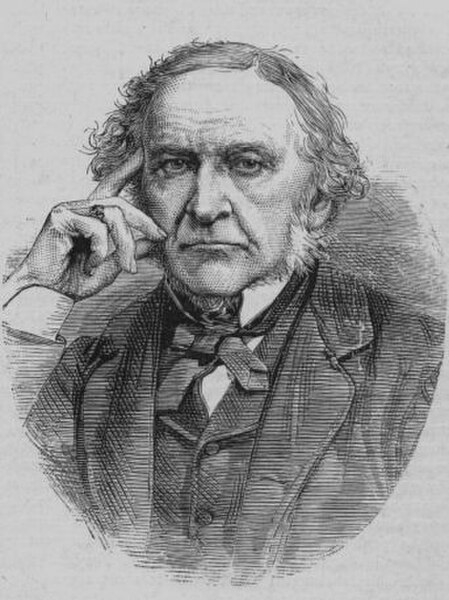Infinite photos and videos for every Wiki article ·
Find something interesting to watch in seconds
Celebrities
Crown Jewels
Great Cities
Animals
Tallest Buildings
Great Museums
Orders and Medals
Sports
Ancient Marvels
Famous Castles
Wars and Battles
Presidents
Great Artists
Recovered Treasures
British Monarchs
Supercars
History by Country
World Banknotes
Rare Coins
Countries of the World
Kings of France
Best Campuses
Largest Empires
Wonders of Nature
Richest US Counties
Largest Palaces
more top lists





